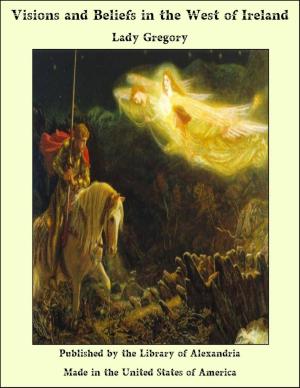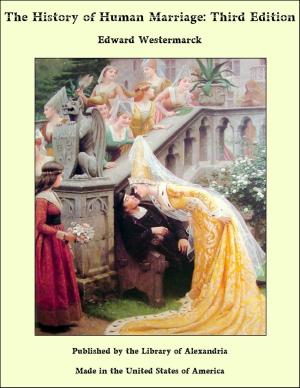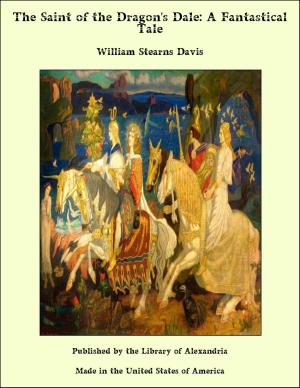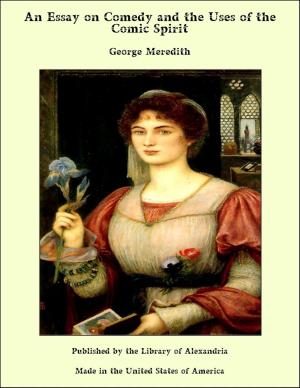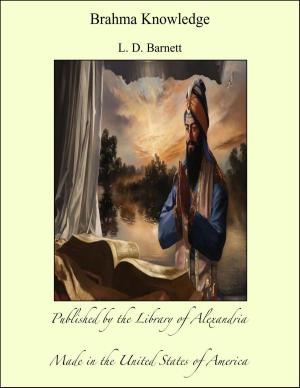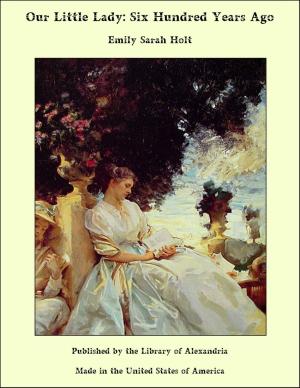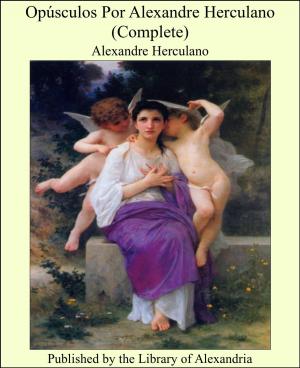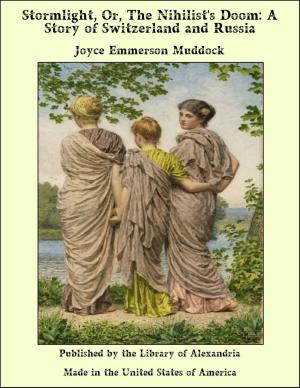British Goblins, Welsh Folk-lore, Fairy Mythology, Legends and Traditions
Nonfiction, Religion & Spirituality, New Age, History, Fiction & Literature| Author: | Wirt Sikes | ISBN: | 9781613102640 |
| Publisher: | Library of Alexandria | Publication: | March 8, 2015 |
| Imprint: | Language: | English |
| Author: | Wirt Sikes |
| ISBN: | 9781613102640 |
| Publisher: | Library of Alexandria |
| Publication: | March 8, 2015 |
| Imprint: | |
| Language: | English |
WITH regard to other divisions of the field of folklore, the views of scholars differ, but in the realm of faerie these differences are reconciled; it is agreed that fairy tales are relics of the ancient mythology; and the philosophers stroll hand in hand harmoniously. This is as it should be, in a realm about which cluster such delightful memories of the most poetic period of life--childhood, before scepticism has crept in as ignorance slinks out. The knowledge which introduced scepticism is infinitely more valuable than the faith it displaced; but, in spite of that, there be few among us who have not felt evanescent regrets for the displacement by the foi scientifique of the old faith in fairies. There was something so peculiarly fascinating in that old belief, that 'once upon a time' the world was less practical in its facts than now, less commonplace and hum-drum, less subject to the inexorable laws of gravitation, optics, and the like. What dramas it has yielded! What poems, what dreams, what delights! But since the knowledge of our maturer years destroys all that, it is with a degree of satisfaction we can turn to the consolations of the fairy mythology. The beloved tales of old are 'not true'--but at least they are not mere idle nonsense, and they have a good and sufficient reason for being in the world; we may continue to respect them. The wit who observed that the final cause of fairy legends is 'to afford sport for people who ruthlessly track them to their origin,' [Saturday Review,' October 20, 1877] expressed a grave truth in jocular form. Since one can no longer rest in peace with one's ignorance, it is a comfort to the lover of fairy legends to find that he need not sweep them into the grate as so much rubbish; on the contrary they become even more enchanting in the crucible of science than they were in their old character.
WITH regard to other divisions of the field of folklore, the views of scholars differ, but in the realm of faerie these differences are reconciled; it is agreed that fairy tales are relics of the ancient mythology; and the philosophers stroll hand in hand harmoniously. This is as it should be, in a realm about which cluster such delightful memories of the most poetic period of life--childhood, before scepticism has crept in as ignorance slinks out. The knowledge which introduced scepticism is infinitely more valuable than the faith it displaced; but, in spite of that, there be few among us who have not felt evanescent regrets for the displacement by the foi scientifique of the old faith in fairies. There was something so peculiarly fascinating in that old belief, that 'once upon a time' the world was less practical in its facts than now, less commonplace and hum-drum, less subject to the inexorable laws of gravitation, optics, and the like. What dramas it has yielded! What poems, what dreams, what delights! But since the knowledge of our maturer years destroys all that, it is with a degree of satisfaction we can turn to the consolations of the fairy mythology. The beloved tales of old are 'not true'--but at least they are not mere idle nonsense, and they have a good and sufficient reason for being in the world; we may continue to respect them. The wit who observed that the final cause of fairy legends is 'to afford sport for people who ruthlessly track them to their origin,' [Saturday Review,' October 20, 1877] expressed a grave truth in jocular form. Since one can no longer rest in peace with one's ignorance, it is a comfort to the lover of fairy legends to find that he need not sweep them into the grate as so much rubbish; on the contrary they become even more enchanting in the crucible of science than they were in their old character.

